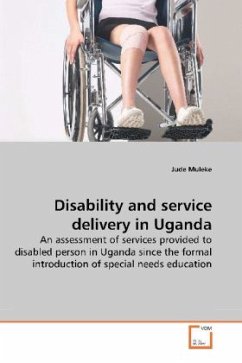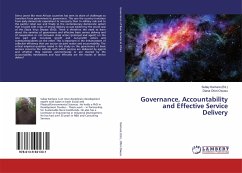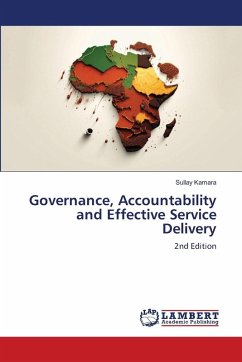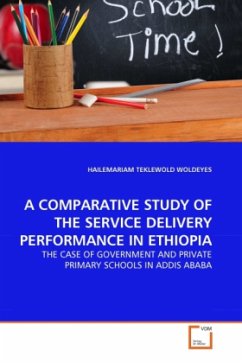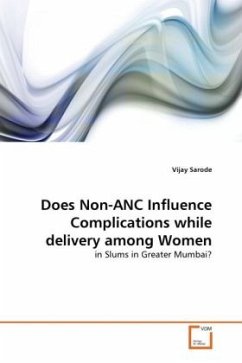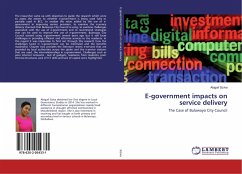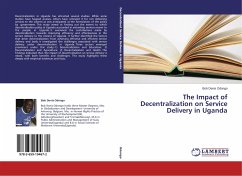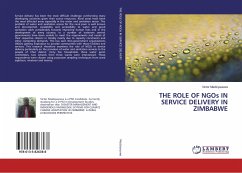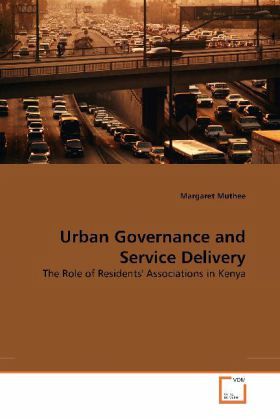
Urban Governance and Service Delivery
The Role of Residents' Associations in Kenya
Versandkostenfrei!
Versandfertig in 6-10 Tagen
32,99 €
inkl. MwSt.

PAYBACK Punkte
16 °P sammeln!
Service delivery in urban areas in Kenya faces many challenges, rooted in a flawed legal and policy framework. The centralized system adopted at independence has considerably reduced the capacity of the local government to manage service delivery in urban areas. This book looks at how residents are developing mechanisms to manage service delivery in their neighbourhoods. Through collaboration with the government, private sector and non-state actors, associations formed by urban residents have provided more reliable and democratic avenues to improve service delivery. Although the government has...
Service delivery in urban areas in Kenya faces many challenges, rooted in a flawed legal and policy framework. The centralized system adopted at independence has considerably reduced the capacity of the local government to manage service delivery in urban areas. This book looks at how residents are developing mechanisms to manage service delivery in their neighbourhoods. Through collaboration with the government, private sector and non-state actors, associations formed by urban residents have provided more reliable and democratic avenues to improve service delivery. Although the government has initiated reforms in the local government system, these do not seem to have provided adequate space and resources, consistent with the demands of urban residents. Thus, a more inclusive approach ought to be adopted in order to effectively engage with residents associations to improve urban governance and service delivery. This book addresses policy makers, students and researchers and the non-state actors, with a view to contributing to formulation of policies which recognize the potential role of residents'' associations in urban governance and service delivery.




